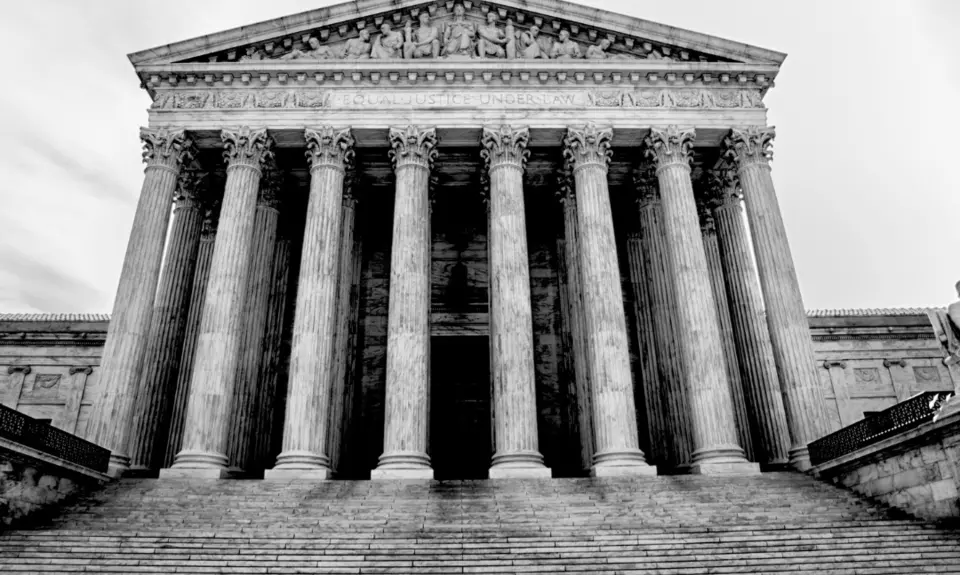Here’s the first thing we should say to the far right, which is complaining about President Biden’s and Vice President Harris’s new call for Supreme Court reform: It’s not just the rulings, it’s the recreational vehicle.
When Biden proposed fundamental reforms, including term limits and an enforceable code of ethics, they pounced — claiming that it was all sour grapes about the way the conservative-dominated court was ruling.
Okay, many Americans are very unhappy with a lot of the rulings, including the 61 percent majority that dislikes the Dobbs ruling against abortion rights. We’ll also get to the outrageous presidential immunity ruling in a minute.
But we understand that when you go to court, one party will lose and one will win. And we all accept that when we trust that the process is fair.
The problem right now is that this court has been captured by wealthy and partisan interests who are putting their thumb on the scale, so trust is taking a beating.
We all know the details: the revelations that conservative justices got gifts and perks, like Clarence Thomas’s luxury RV and private jet trips. We know one justice (Thomas) is married to a woman who denied the election and supported overturning the 2020 election and another one (Samuel Alito) has flown Revolutionary era flags that some have associated with the Jan. 6 Capitol riot flying at his homes.
Against this backdrop, Chief Justice John Roberts’s insistence that Supreme Court justices just “call balls and strikes” has never looked more disingenuous.
It’s time to get serious about restoring trust in the court because the court’s power relies on trust and respect. This starts with term limits and an effective ethics code.
Forty-nine out of 50 states — and every other major democracy in the world — have term limits, elections or mandatory retirement ages for top judges. That’s because it doesn’t make sense to give such enormous power to just a few people for life.
As for the arguments that term limits can’t be enacted without a constitutional amendment, the Brennan Center at New York University does a great job explaining how limits could be created by a law passed in Congress, while still taking into account the Constitution’s language that federal judges can hold their offices for as long as they show “good Behaviour.”
For example, justices who finish their terms could be shifted to senior status, so they don’t lose their judicial offices but have different duties. This is the solution in Rep. Hank Johnson’s (D-Ga.) TERM Act.
Some critics claim that term limits would politicize the court. Really? More than it already has been politicized? Fights over Supreme Court nominations are intense today because the stakes are so high with a lifetime appointment. When certain political and corporate interests see a chance to cement their agenda in place for decades, they will spend, do and say whatever it takes.
The Brennan Center is right that term limits would actually lower the temperature around court nominations in the long run.
As for an enforceable code of ethics enshrined in law, the moral arguments for it are clear — and the common argument against it, that it’s outside Congress’s purview, falls flat. Congress already regulates other activities of the Supreme Court, so it’s hard to see why this would be different.
Biden and Harris also support a constitutional amendment to undo the Supreme Court’s radical ruling on presidential immunity for criminal acts. A constitutional amendment is a heavy lift. But big problems call for big solutions, and vast presidential immunity is a big problem.
Changes like these have been described as “seismic.” As soon as the Biden proposal came out it was called a long shot. And I get it; there’s a divided Congress.
But this is still a milestone. The fact that both Biden and Harris just recently got on board with term limits is both new and significant.
Now it’s up to us to keep up the pressure, because the next big chance for real reform will only come if Harris wins. And we desperately need a Supreme Court we can trust. That’s one more reason to vote based on the courts this November.



